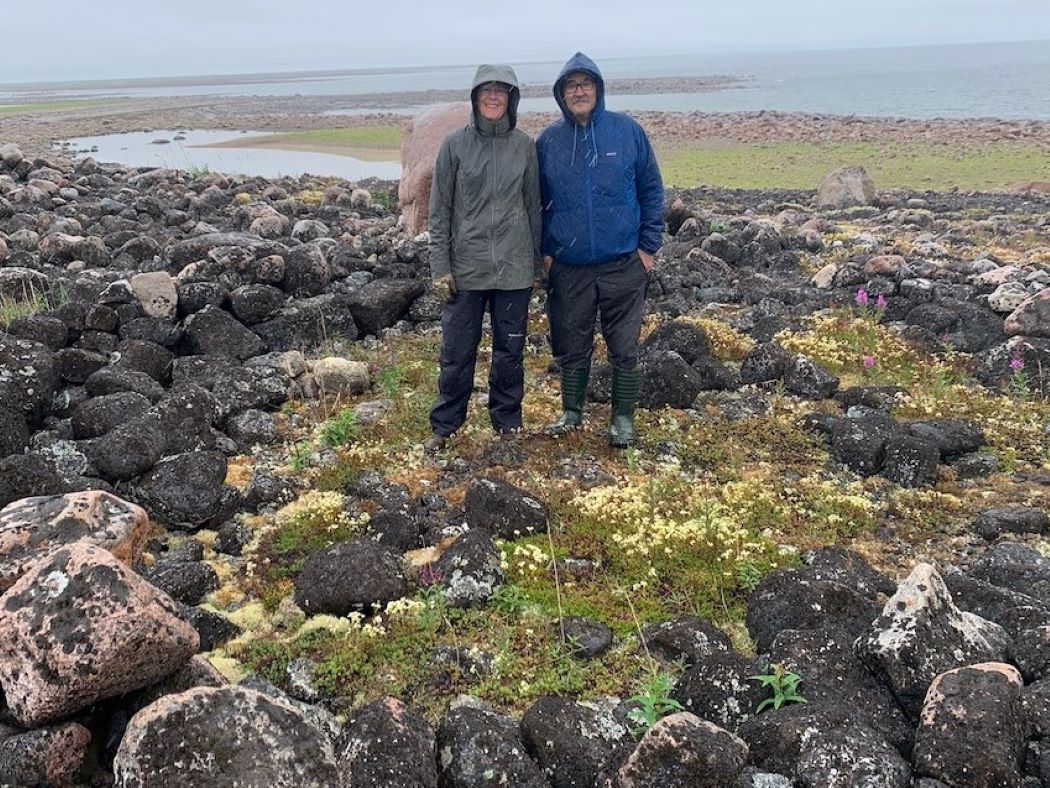
Dr. Linda Larcombe, whose research project deals with land-based learning through archeology, stands with Kono Tattuinee, president of the Kivalliq Inuit Association, in a historic Inuit tent ring at the Hubbard Point Site in northern Manitoba.
Rady health researchers receive nearly $9 million in federal support
Sixteen professors in the UM Rady Faculty of Health Sciences have been awarded a total of nearly $9 million in project grants from the Canadian Institutes of Health Research.
The recently announced grants from the Fall 2022 funding round went to faculty members in medicine, nursing and pharmacy.
“This outstanding result reflects the high calibre of our health researchers,” said UM Vice-President (Research and International) Dr. Mario Pinto.
“This funding will enable UM laboratory scientists to advance knowledge in areas such as cardiovascular health, spinal cord injury, rheumatoid arthritis, asthma, amyotrophic lateral sclerosis and Rett syndrome. Rady Faculty investigators will also conduct cutting-edge data research, as well as vital studies aimed at supporting mental health and well-being.”
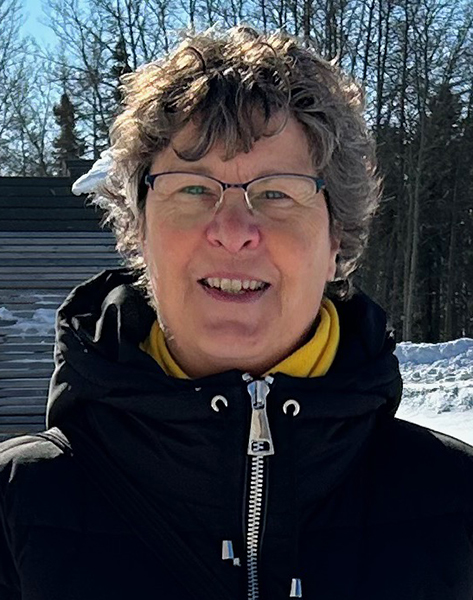 The largest grant of more than $1.4 million went to a team led by Dr. Linda Larcombe, an associate professor of internal medicine, community health sciences and medical microbiology/infectious diseases.
The largest grant of more than $1.4 million went to a team led by Dr. Linda Larcombe, an associate professor of internal medicine, community health sciences and medical microbiology/infectious diseases.
Larcombe is an anthropologist whose research focuses on First Nations history, health and collaborative research. Her grant will fund a three-year project called “Connecting with cultural heritage: Land-based learning and healing through archeology in northern Manitoba.”
The study team will create and evaluate a land-based healing and cultural heritage program that will enable youth to explore archeological sites and artifacts reflecting the thousands of years of Inuit, Dene and Cree presence along the coast of Hudson Bay at Churchill, Man.
“We will determine if cultural heritage in land-based healing programming can contribute to wellness and leadership development of Inuit, Dene and Cree youth,” the researchers wrote.
Here’s a look at the other funded projects. More information on the studies and research teams is available here.
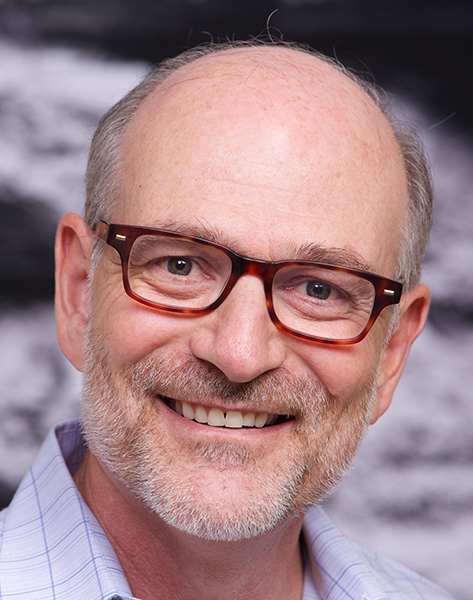 Dr. Harvey Max Chochinov, distinguished professor, psychiatry, Max Rady College of Medicine
Dr. Harvey Max Chochinov, distinguished professor, psychiatry, Max Rady College of Medicine
Grant: $100,000 (one year)
In Chochinov’s study, health-care professionals will hold conversations with cancer patients, guided by the Patient Dignity Question: “What do I need to know about you as a person to take the best care of you possible?” The study will measure how this affects the experiences of both patients and care providers.
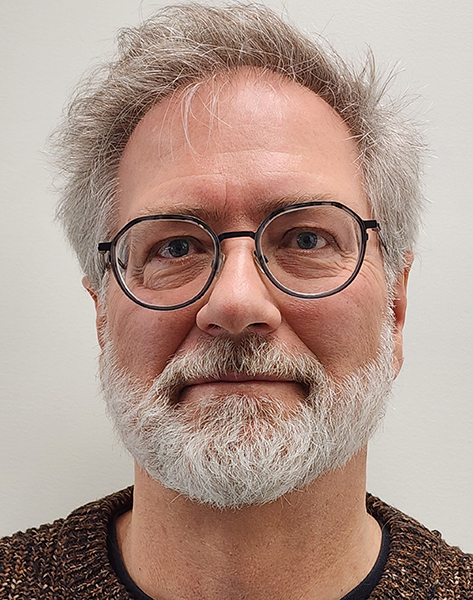 Dr. Ian Dixon, professor, physiology and pathophysiology, Max Rady College of Medicine; principal investigator, Institute of Cardiovascular Sciences, St. Boniface Hospital
Dr. Ian Dixon, professor, physiology and pathophysiology, Max Rady College of Medicine; principal investigator, Institute of Cardiovascular Sciences, St. Boniface Hospital
Grant: $1,040,400 (five years)
Dixon’s project centres on proteins and processes involved in skin wound healing, with the goal of developing treatments to speed wound closure and reduce scarring. The study will investigate how age and sex affect dermal healing. It will also examine the healing of skin damage caused by chemotherapy and radiation.
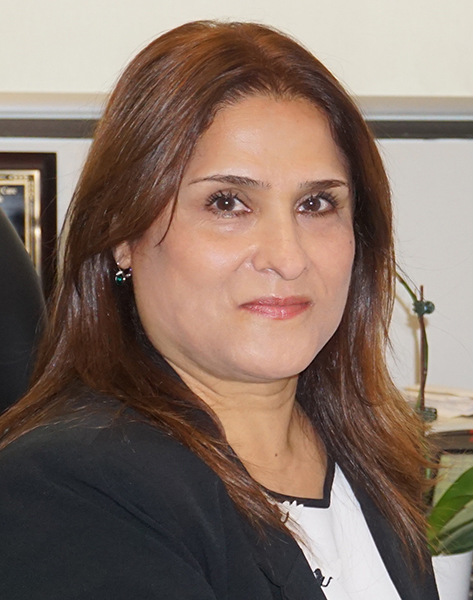 Dr. Soheila Karimi, professor, physiology and pathophysiology, Max Rady College of Medicine; researcher, Children’s Hospital Research Institute of Manitoba (CHRIM)
Dr. Soheila Karimi, professor, physiology and pathophysiology, Max Rady College of Medicine; researcher, Children’s Hospital Research Institute of Manitoba (CHRIM)
Grant: $1,136,025 (five years)
Neural stem cell therapy has exciting potential for patients with spinal cord injury, but it currently faces the challenge that the cells die after they are transplanted. Karimi’s project will test an experimental treatment aimed at optimizing the use of neural stem cells for repairing spinal cord injury.
 Dr. Jason Kindrachuk, assistant professor, medical microbiology and infectious diseases, Max Rady College of Medicine; Canada Research Chair in molecular pathogenesis of emerging viruses; researcher, CHRIM
Dr. Jason Kindrachuk, assistant professor, medical microbiology and infectious diseases, Max Rady College of Medicine; Canada Research Chair in molecular pathogenesis of emerging viruses; researcher, CHRIM
Grant: $750,000 (five years)
Kindrachuk’s team will investigate the circulation and transmission of the monkeypox virus in wildlife in regions of Africa where the virus is endemic, as well as surrounding areas. They will also assess the potential impact of the virus on Canadian wildlife.
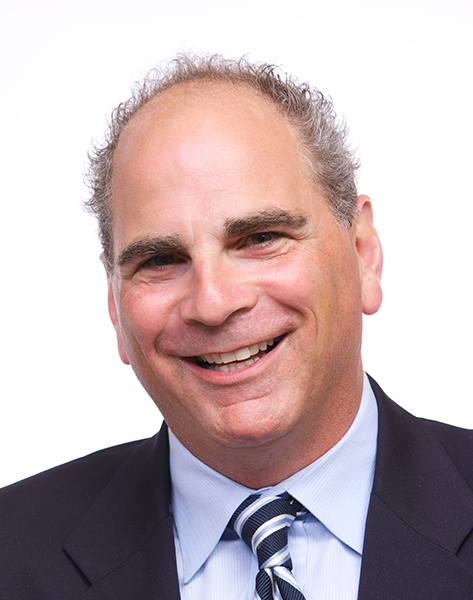 Dr. Lorrie Kirshenbaum, professor, physiology and pathophysiology, Max Rady College of Medicine; Canada Research Chair in molecular cardiology; director, Institute of Cardiovascular Sciences, St. Boniface Hospital Albrechtsen Research Centre
Dr. Lorrie Kirshenbaum, professor, physiology and pathophysiology, Max Rady College of Medicine; Canada Research Chair in molecular cardiology; director, Institute of Cardiovascular Sciences, St. Boniface Hospital Albrechtsen Research Centre
Grant: $853,931 (five years)
Kirshenbaum’s project builds on the growing evidence of a link between body-clock disruptions – like those experienced by shift workers and people with health issues such as sleep apnea – and cardiac dysfunction. He will investigate the relationship between circadian disruption and heart attack.
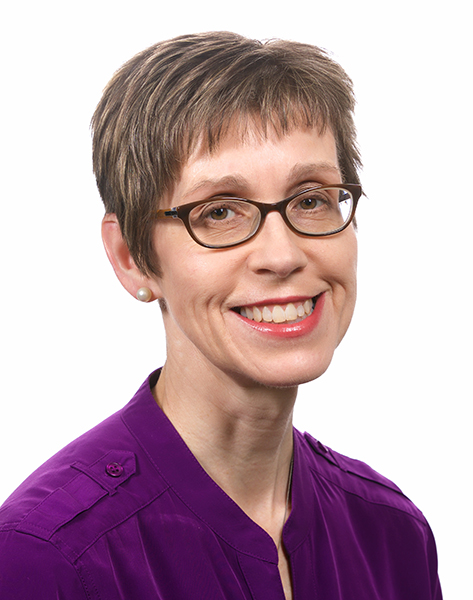 Dr. Lisa Lix, professor, community health sciences, Max Rady College of Medicine; Canada Research Chair in methods for electronic health data quality
Dr. Lisa Lix, professor, community health sciences, Max Rady College of Medicine; Canada Research Chair in methods for electronic health data quality
Grant: $508,725 (three and a half years)
Lix’s study focuses on using anonymized health-care databases to construct personal and family disease histories for chronic illnesses, such as heart disease. Researchers will compare two methods for creating disease histories, using data from Manitoba and Denmark, and assess their value for predicting disease risk.
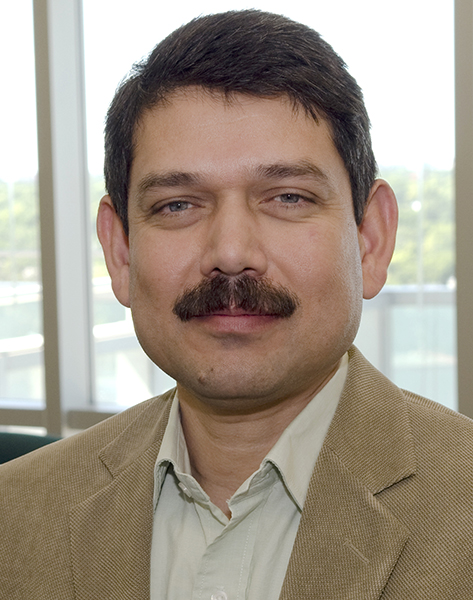 Dr. Suresh Mishra, professor, internal medicine, Max Rady College of Medicine
Dr. Suresh Mishra, professor, internal medicine, Max Rady College of Medicine
Grant: $100,000 (one year)
Mishra will explore the role of cholesterol in the body’s production of steroid hormones. He aims to develop new ways to treat altered steroid hormone levels, which can lead to infertility and illnesses such as inflammatory diseases.
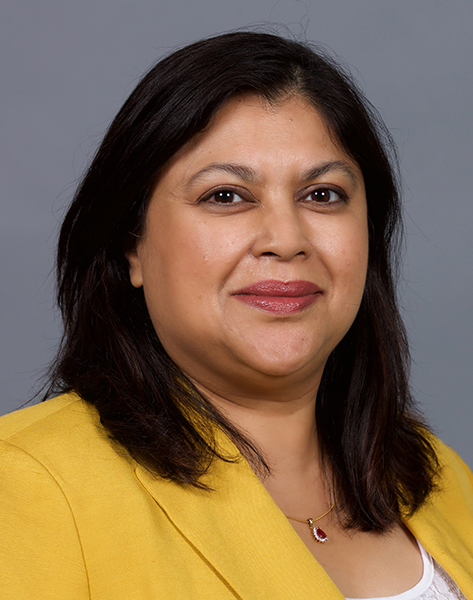 Dr. Neeloffer Mookherjee, professor, internal medicine; researcher, CHRIM
Dr. Neeloffer Mookherjee, professor, internal medicine; researcher, CHRIM
Grant: $100,000 (one year)
Mookherjee’s team will look at differences in how rheumatoid arthritis (RA) develops in males and females. In addition to using a mouse model, her team will study human samples from close relatives of RA patients, who may show changes in their blood before the appearance of clinical RA symptoms.
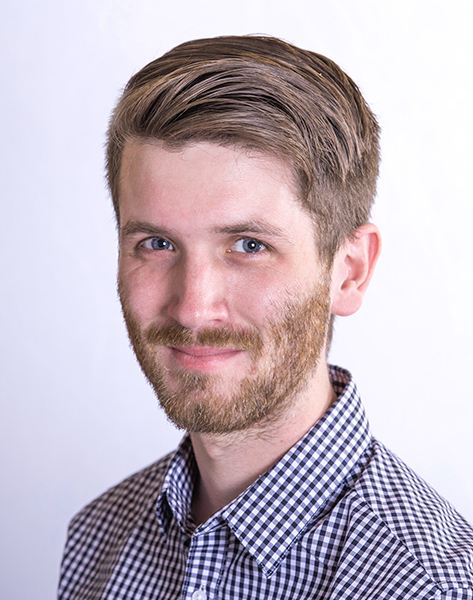 Dr. Christopher Pascoe, assistant professor, physiology and pathophysiology; researcher, CHRIM
Dr. Christopher Pascoe, assistant professor, physiology and pathophysiology; researcher, CHRIM
Grant: $100,000 (one year)
Pascoe’s project aims to better understand how diabetes in pregnancy increases the risk of asthma in offspring. He will examine how maternal diabetes increases the twitchiness of airway smooth muscle in the lungs of offspring, and whether a specific enzyme co-ordinates changes in this muscle.
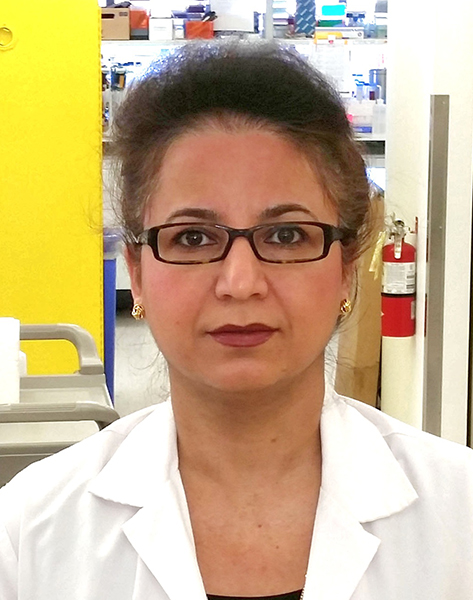 Dr. Mojgan Rastegar, professor, biochemistry and medical genetics, Max Rady College of Medicine; researcher, CHRIM
Dr. Mojgan Rastegar, professor, biochemistry and medical genetics, Max Rady College of Medicine; researcher, CHRIM
Grant: $990,675 (five years)
Rastegar has been working for more than 10 years to understand the pathobiology of Rett syndrome, a severe neurodevelopmental disorder in young children. This study will investigate the molecular and cellular abnormalities of the brain in this syndrome. The goal is to pave the way for therapeutic strategies.
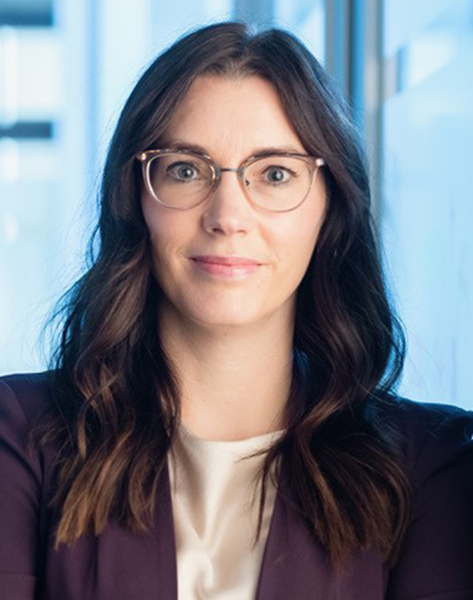 Dr. Emily Rimmer, assistant professor, internal medicine, Max Rady College of Medicine
Dr. Emily Rimmer, assistant professor, internal medicine, Max Rady College of Medicine
Grant: $307,530 (three years)
Rimmer’s project is a pilot study in preparation for an international randomized controlled trial of therapeutic plasma exchange as a treatment for septic shock. The researchers see potential for this treatment to save lives by removing harmful substances from the blood and replacing missing blood components.
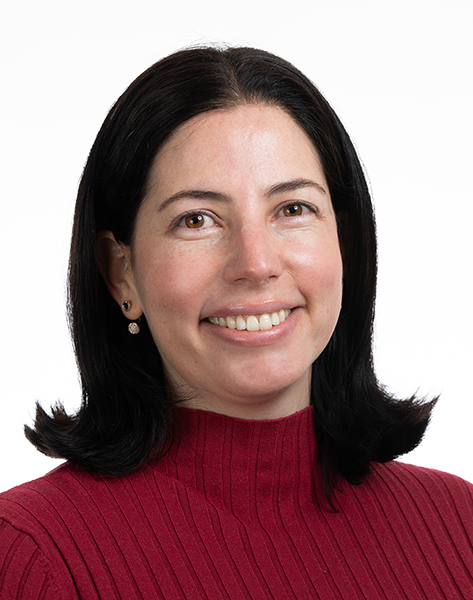 Dr. Zulma Rueda, associate professor, medical microbiology and infectious diseases, Max Rady College of Medicine; Canada Research Chair in sexually transmitted infection – resistance and control
Dr. Zulma Rueda, associate professor, medical microbiology and infectious diseases, Max Rady College of Medicine; Canada Research Chair in sexually transmitted infection – resistance and control
Grant: $100,000 (one year)
Rueda’s team will look at the incidence and impact of methamphetamine use and concurrent sexually transmitted and blood-borne infections in people living with HIV in Manitoba and Saskatchewan. One of the study’s goals is effective knowledge-sharing among people living with HIV, service providers and communities.
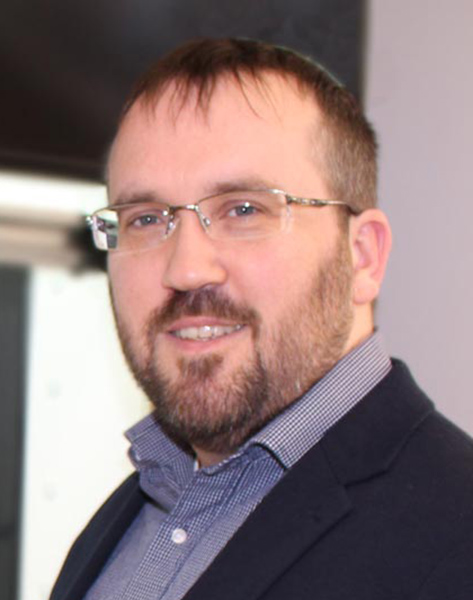 Dr. Geoffrey Tranmer, associate professor, College of Pharmacy
Dr. Geoffrey Tranmer, associate professor, College of Pharmacy
Grant: $100,000 (one year)
Tranmer will focus on edaravone, one of the few drugs approved to treat amyotrophic lateral sclerosis. In its current form, this medication has many limitations. Tranmer’s team plans to develop improved versions of edaravone and test them in order to optimize the drug and prepare it for advanced clinical trials.
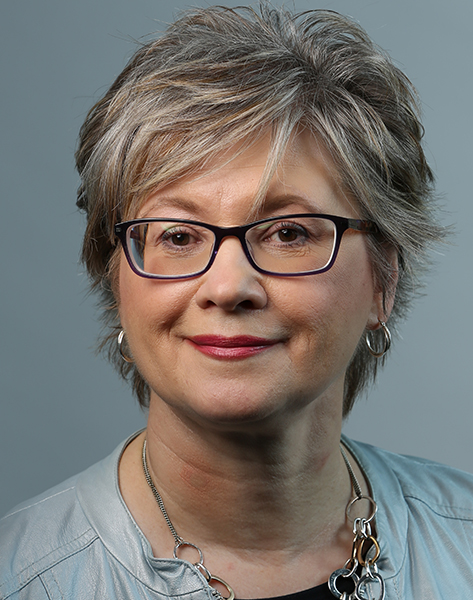 Dr. Sonia Udod, associate professor, College of Nursing
Dr. Sonia Udod, associate professor, College of Nursing
Grant: $450,000 (three years)
Udod’s research will examine how health system leaders have adapted in response to the pandemic. She aims to determine how leaders can build their own and nurses’ psychological health and well-being to ensure a healthy workforce and organizational resilience at hospitals during and after the COVID-19 crisis.
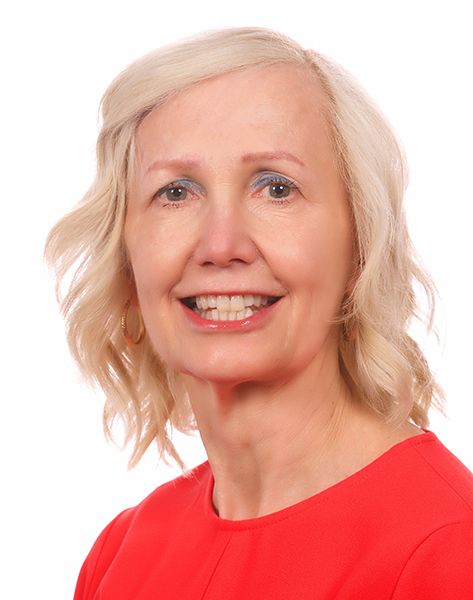 Dr. Roberta Woodgate, distinguished professor, College of Nursing; Canada Research Chair in child and family engagement in health research and healthcare; researcher, CHRIM
Dr. Roberta Woodgate, distinguished professor, College of Nursing; Canada Research Chair in child and family engagement in health research and healthcare; researcher, CHRIM
Grant: $776,475 (five years)
Woodgate’s youth-centred, mixed-methods study aims to understand the impacts of COVID-19 on the mental health and well-being of Manitoba youth who have come of age during the pandemic. The findings will inform recommendations to improve services and supports for this population.
Grant: $100,000 (one year)
Woodgate’s team will also conduct a youth-centered, arts-based longitudinal study that will result in the creation and evaluation of a toolkit. This toolkit, co-created by youth, will be designed for use in schools to foster social connectedness and optimize youth mental health and well-being.






